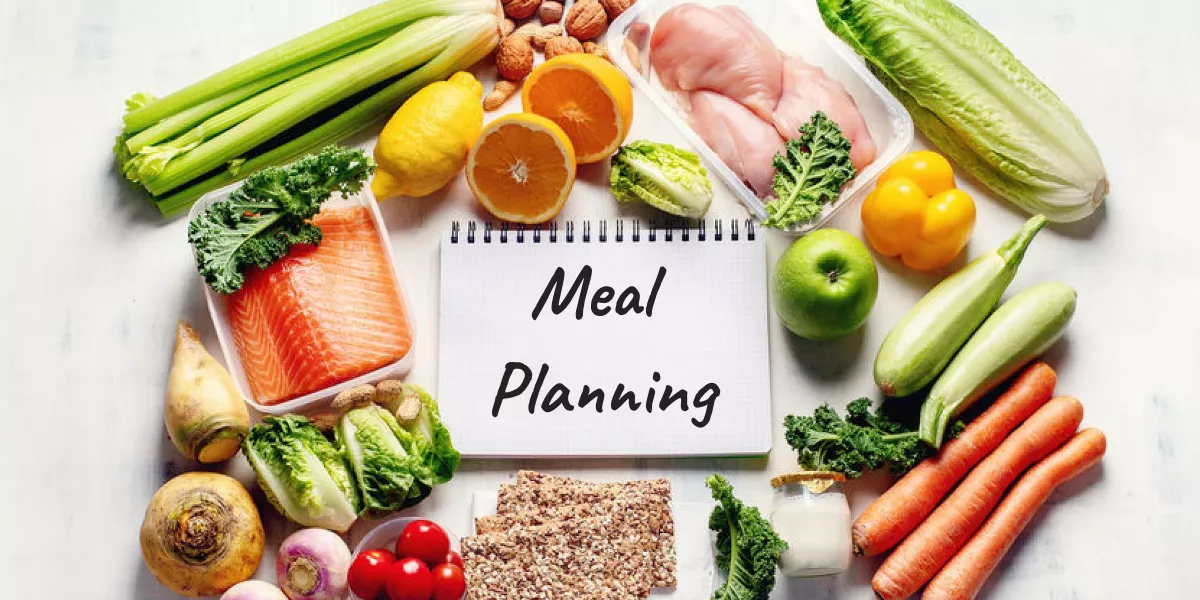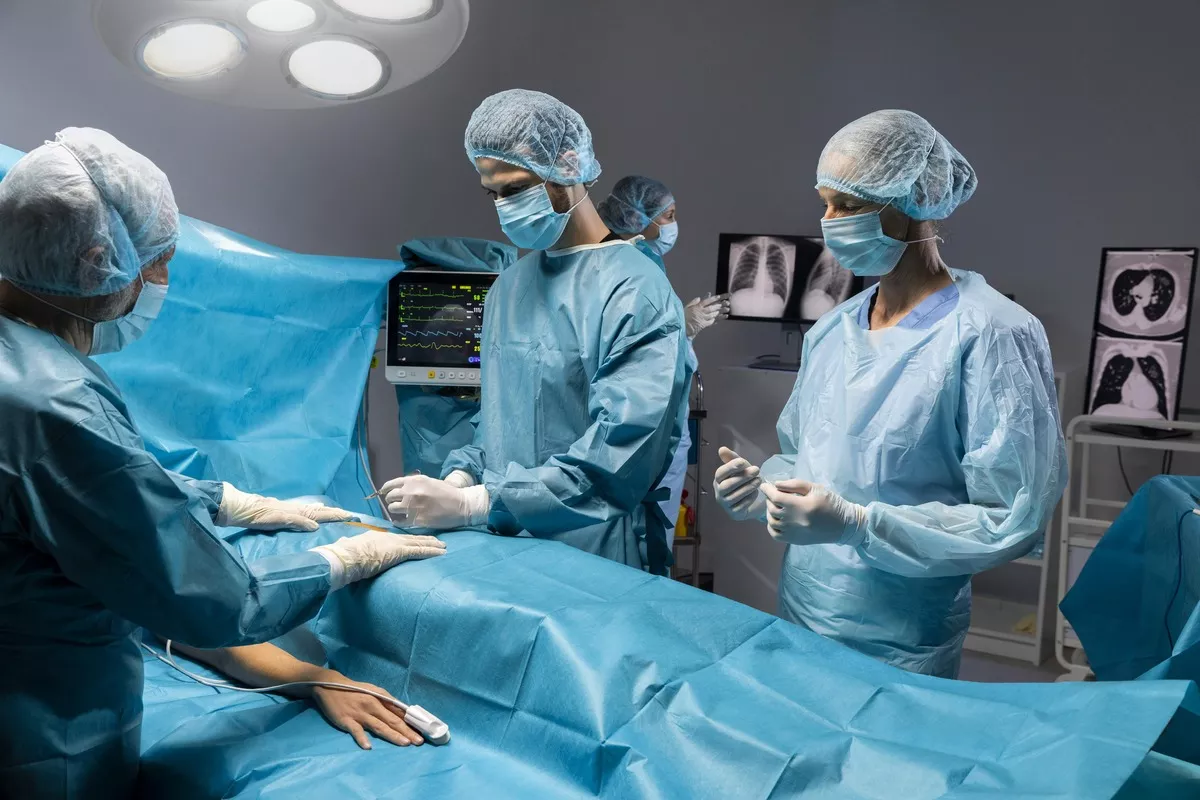Undergoing surgery can be likened to running a marathon. Both activities put significant stress on the body and require careful preparation and recovery strategies. While surgical procedures aim to correct medical issues, they also subject the body to considerable strain, which can lead to weight and muscle loss, inflammation, and complications like infections. Fortunately, research has shown that proper nutrition in the weeks and days before and after surgery can mitigate these risks and facilitate a swifter recovery.
Going into surgery can be nerve-wracking, but what you put on your plate before and after can significantly impact your recovery. This guide dives deep into the world of pre and post-surgery nutrition, taking you beyond the bland stereotype of hospital Jello.
The Importance of Pre- and Post-Surgical Nutrition
Nutrition plays a crucial role in surgical recovery, impacting everything from wound healing to muscle preservation. Adequate nutrient intake can help reduce inflammation, support immune function, and maintain energy levels. Here are some key strategies to optimize your diet before and after surgery.
Before Surgery: Preparing Your Body
1. Increase Nutrient Intake: In the lead-up to surgery, focus on consuming high-quality proteins and complex carbohydrates. These nutrients provide the energy your body needs to cope with the stress of surgery and support the healing process.
- Proteins: Crucial for repairing tissues and boosting the immune system. Incorporate sources such as lean meats, fish, eggs, dairy products, legumes, and nuts into your diet.
- Carbohydrates: Help maintain energy levels and reduce surgical complications. Choose whole grains, vegetables, and fruits.
2. Carbohydrate Loading: Similar to marathon runners, surgical patients can benefit from "carb-loading." Consuming more carbohydrates before surgery can help replenish glycogen stores, reducing hunger, thirst, and anxiety. It can also minimize post-surgical nausea, vomiting, and pain.
- Tip: Some doctors may recommend carbohydrate-loading drinks that can be consumed up to two hours before surgery to prevent short-term insulin resistance and other complications.
3. Support Immune Function: Surgery-induced stress can trigger inflammation and weaken the immune system. Including immune-enhancing nutrients like arginine and omega-3 fatty acids in your diet can help.
- Arginine: An amino acid found in red meat, poultry, fish, and dairy products. Aim for 4-12 grams per day.
- Omega-3 Fatty Acids: Found in fish and fish oils, with a recommended intake of 1-3 grams per day.
4. Maintain Strength and Energy: Protein is vital for preserving muscle mass, especially during periods of immobility following surgery. Increasing protein intake before and after surgery can help protect your muscles and support recovery. Lean meats, fish, eggs, dairy products, legumes, and, if needed, protein supplements.
5. Advocate for Your Nutrition: Being proactive about your nutritional needs is crucial. Discuss with your healthcare team how nutrition can aid in your recovery and ensure you are getting adequate nutrient intake before and after surgery.
After Surgery: Aiding Recovery
1. Stay Hydrated: Hydration is key to recovery. Continue to drink plenty of water unless advised otherwise by your healthcare provider.
2. Gradually Reintroduce Foods: Post-surgery, your appetite may be suppressed, and you might experience nausea. Start with clear liquids and gradually progress to more solid, nutrient-dense foods as tolerated.
- Clear Liquids: Water, broth, clear juices.
- Soft Foods: Applesauce, yogurt, mashed potatoes, and smoothies.
3. Focus on Nutrient-Dense Foods: Ensuring a diet rich in proteins, fruits, and vegetables is essential for healing and recovery.
- Proteins: Aid in tissue repair and immune function. Continue to focus on lean meats, fish, eggs, dairy, legumes, and nuts.
- Fruits and Vegetables: Supply vital vitamins, minerals, and fiber.
4. Avoid Certain Foods: Some foods can slow down the healing process or cause discomfort. Avoid heavy, spicy, or acidic foods, and limit sugar and processed foods.
5. Consider Special Nutritional Needs:
- Fiber: To prevent constipation, include fiber-rich foods like whole grains, fruits, and vegetables, but introduce them gradually.
- Probiotics: Foods with probiotics (like yogurt) can help maintain a healthy gut flora, especially if you've been on antibiotics.
Practical Nutritional Strategies
1. Timing Your Nutrient Intake: Nutrient timing can be crucial for maximizing the benefits of your diet. Here are some practical recommendations:
- Pre-Operative Period: Start focusing on nutrition 7-10 days before surgery. Increase your intake of complex carbohydrates and high-quality proteins. Avoid fasting for long periods before surgery as it can increase insulin resistance and stress.
- Immediate Pre-Surgery: Within 6-12 hours before surgery, consume a balanced meal emphasizing complex carbohydrates and proteins. In the final 2 hours before surgery, stick to clear liquids like protein shakes or carbohydrate-loading drinks.
2. Post-Operative Period:
- Early Post-Surgery: Begin with free-form essential amino acids (EAAs) to support healing and recovery without causing a large gastric load.
- Gradual Transition: Move from clear liquids to protein beverages and then to whole foods as your appetite returns.
3. Addressing Muscle Atrophy: To counteract muscle loss and support recovery, continue consuming protein-rich foods and supplements. Consider incorporating supplements like creatine monohydrate, beta-hydroxy-beta-methylbutyrate (HMB), omega-3 fatty acids, and probiotics to support muscle strength and functionality.
4. Nutrient Timing Around Rehabilitation: For surgeries requiring physical rehabilitation, nutrient intake around therapy sessions can enhance recovery. Consume a small meal with complex carbohydrates and quality protein 3-4 hours before therapy, followed by a protein beverage 15-45 minutes prior and another protein beverage post-therapy.
Proper nutrition before and after surgery is crucial for minimizing complications, promoting healing, and ensuring a speedy recovery. By focusing on high-quality proteins, complex carbohydrates, and immune-enhancing nutrients, you can support your body's recovery process and return to your daily activities more quickly. Always consult with your healthcare team to tailor these recommendations to your individual needs and ensure the best possible surgical outcome.











